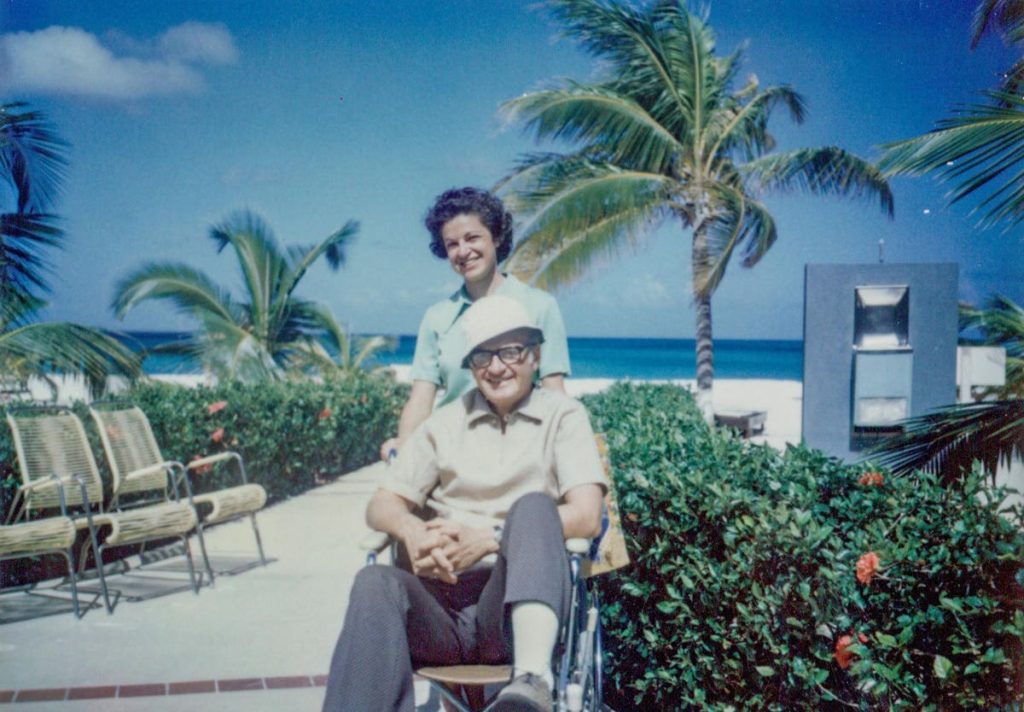For millions of Americans, they often become caregivers before and during retirement. With people living longer, it’s often one of those unavoidable facts of life.
But caregiving, most of which is provided by female relatives, can take a toll on those engaged in it. It can be physically and mentally exhausting, something I experienced when I was managing my father’s care as he passed through the final stages of Alzheimer’s Disease.
Caregivers may also be unprepared for their own retirement, notes the recent EBRI Retirement Confidence Survey (RCS). “Caregivers are more likely to have lower levels of assets and more likely to have problems with debt than non-caregivers. With these tolls on caregivers, they are also less likely to have saved for retirement and are more likely to have retired earlier than planned for reasons out of their control, which can reduce the lifestyle of caregivers in retirement.”
“Caregivers can take on many roles and responsibilities when taking on the care of a relative or friend. Unfortunately, what we found is that caregiver retirees are more likely than non-caregivers to say that their overall lifestyle in retirement is worse than they expected it to be before they retired,” said Craig Copeland, director, Wealth Benefits Research, EBRI.
While there’s no reliable way to predict when an older relative will need hands-on caregiving, you can still prepare for your own retirement.
1) If working, make sure to max out your employee savings benefits like 401(k)s and Health Savings Accounts (HSAs). Always take the employee match.
2) Fully fund Roth IRAs or Roth 401(k)s, if you qualify. Unlike 401(k)s, these accounts tax you upfront. You won’t pay taxes on withdrawals if you’re at least 59 1/2 and leave the money in the account for at least five years.
3) Fund Your Own Retirement Plan. Don’t have a 401(k) or employer that offers one? Set up your own account. Self-employed people, for example, can set up SEP-IRAs and “solo” 401(k)s.
The basic idea here is to create your own retirement safety net. You may not be able to predict when or if you’re have to quit work to become a caregiver. But if you save as much as you can while working, your retirement can become much more secure.
Read the full article here
